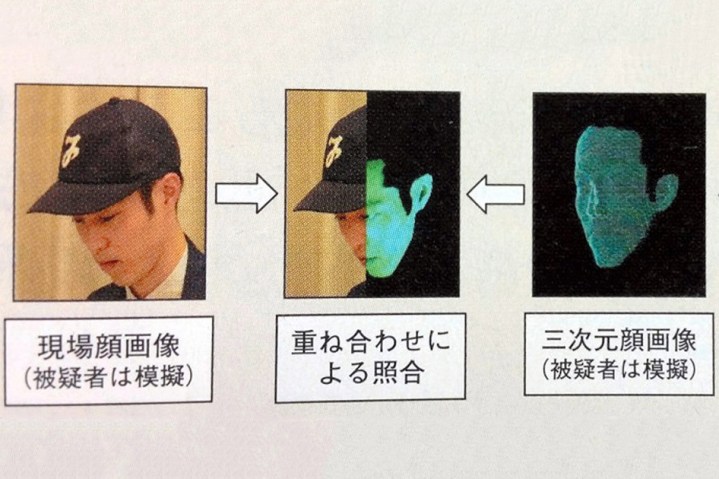
The hope is the new 3D shots will assist police in identifying suspects in security camera footage. Often the suspect’s face is obscured, so it’s tough to confirm that the person in the police station is actually the criminal in the security footage with sufficient certainty. “As we can identify the suspects more quickly and accurately, our arrest rate is expected to become greater,” an unnamed high ranking officer told the paper.
3D cameras will be installed in all 102 police stations across the region, with a central department responsible for maintaining the database of the 3D mugshots. The cameras take pictures from three different angles to create the image. Once taken, police will be able to manipulate these images to match the angle of the pictures taken on security cameras to better make a positive match.
This is not the first time the MPD has experimented with 3D cameras in police work, though. The first cameras were tested 15 years ago in the department’s labs, and were wheeled out to an individual precinct by request. This obviously wasn’t the most efficient way to use the technology.
Beginning in April, that changes. While the MPD will continue to take the standard front facing and side pictures we’re all familiar with, they’ll also take a 3D version as well. It was not clear from the Asahi Shimbun’s report whether officers would need manipulate the 3D image manually, or whether it would be run through some kind of computer algorithm to test for a match.
The latter application seems to make more sense since it allows the officers to work on other work simultaneously. Down the road, the Tokyo MPD could very well use the technology to identify suspects on the streets through a network of private and publicly owned security cameras throughout the city.
That is sure to rile privacy advocates in the country, which already have questioned the MPD’s use of surveillance cameras and what it plans to do with them.


